It's 2020—Why Is 'The Bachelor' Franchise Still Shaming People for Sexual Agency?
The Peter-Madison drama on 'The Bachelor' makes this the third season of the show that has revolved around people's sexual activity.
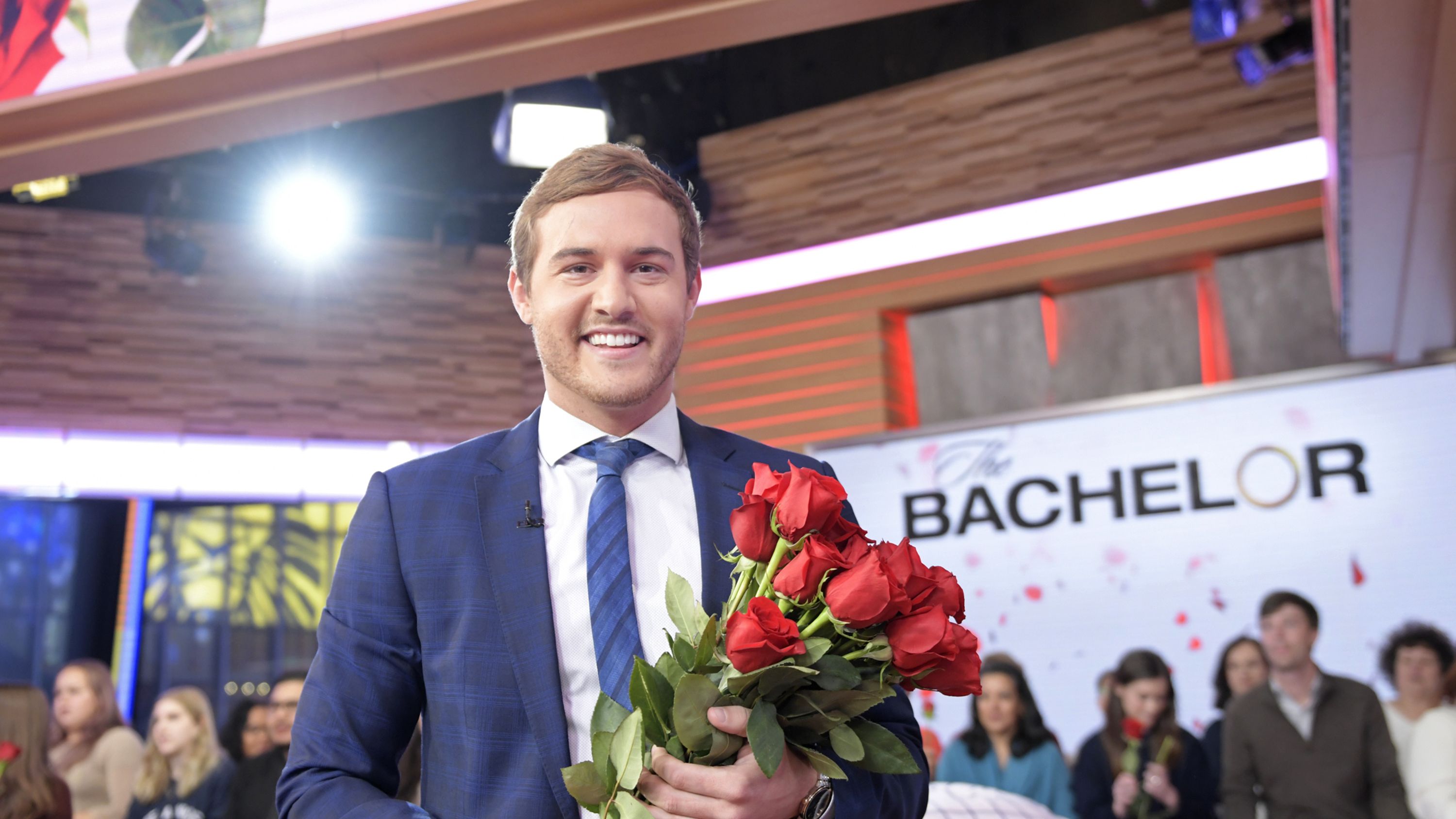
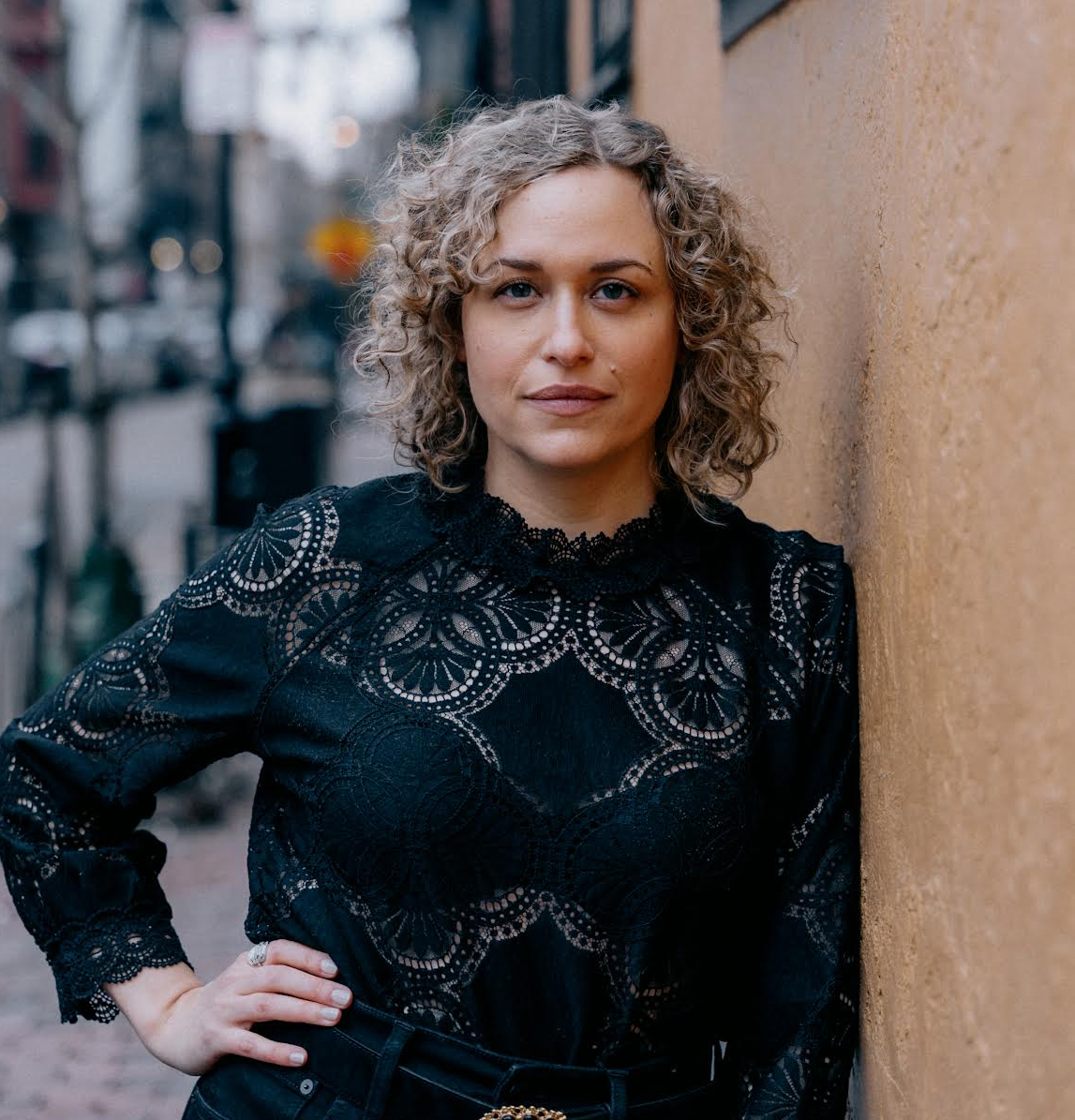
For the third consecutive Bachelor/ette season, the franchise has revolved around sex: whether or not people on the show are having it, and how their choices should be viewed. Frankly, it's getting old. And making the already-stale premise feel even staler.
The Bachelor is showing its age by evolving almost exclusively in favor of drama. Nowhere is this more obvious than in their handling of sex: flip-flopping between empowering people for sexual agency and shaming them for "being intimate." It certainly seems like the show is stretching to avoid alienating audience members who don't like the sexual undertones, while still attracting sex-positive viewers. For every season that promotes sex as empowerment, we get another that espouses the opposite—the show's become more moralistic, not less, as time goes on. The cracks are starting to show.
During Bachelorette Hannah Brown's season last year, the producers played up her mantra: "I have had sex, and Jesus still loves me." Feminists everywhere (myself included) cheered; the show, seen as a case study in antiquated values, finally embraced empowerment. It was the basis of Brown's entire season—Cinderella unbound, per her previews—and her ultimate singlehood was a celebration. Season villain Luke Parker was despised in part because he called her decision to have sex a "slip-up" and said if she didn't meet his strict religious standards, he'd leave. Current Bachelor Peter Weber, at that point one of her contestants, was praised for satisfying her—four times!—as the "sex in a windmill" guy.
In this season of The Bachelor, the framing is reversed. Weber has been constantly dinged, by Chris Harrison and the audience, for being wishy-washy. By the time he gets to fantasy suites, he faces a consequential choice: Should he risk one relationship (with Madison Prewett, who at the previous rose ceremony quietly said she wanted him not to be intimate with the others) by completing his overnights with the other two (Hannah Ann Sluss and Victoria Fuller)? He tries to have it both ways, and his relationship with Prewett suffers—as does his relationship with the audience.
In the hours and days following last week's episode, viewers piled on Weber, saying that there was no way to defend his actions, that he fucked everything up, and that they were ready to "attack" him for making Prewett cry. Basketball legend Charles Barkley even told her to "Dump that loser!" Many more supported Prewett, saying that she's strong for sticking to her values and that the show needs more of that. It's fascinating that the reaction to these two scenarios—Prewett and Weber versus Parker and Brown—should be so divergent, even with obvious similarities. Despite many differences in their behavior and tone throughout the season, Parker and Prewett use almost identical phrasing to introduce their perspectives:
- Parker: "Let’s say you have had sex with one or multiple of these guys, I’d be wanting to go home."
- Prewett: "I wouldn't be able to yes to an engagement and continue to more forward if you have slept with the other women."
There are a couple key distinctions: Prewett doesn't share her beliefs about saving herself for marriage until late in the season. She knows the show structure, but doesn't even give her full reasoning for her sort-of ultimatum until after overnights (to be fair, earlier discussions about saving sex for marriage could have been edited out). For all of Parker's bullying and toxicity, we knew what he believed from day one. Prewett's waiting to share information and then immediately holding Weber to that standard doesn't sit right with me. (Parker defended Prewett on social media, saying he was "proud" of her and that the "fantasy suite situation is too familiar 😂.")
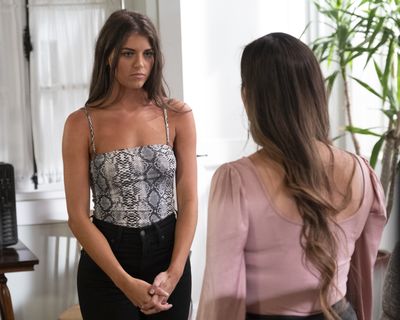
Prewett on the "telenovela" episode of The Bachelor.
I'm not opposed to male leads getting a glimpse of what Bachelorettes see quite a bit. Leads including Brown and Kaitlyn Bristowe have been open about the shame they've received for their sexual decisions, whereas it's unusual for a male counterpart to face the same audience ire. I'm also not opposed to anyone deciding not to have sex. It's when someone's stricter beliefs cause them to—whether quietly or loudly—disparage a person whose beliefs are not the same that worries me. As a rape survivor, I understand the uniquely charged dynamics of a man pressuring a woman for sex. But that’s not the vibe I’m getting from Weber. And for what it's worth, his choice to have consensual sex with a woman or women he's also dating is okay, too.
Stay In The Know
Get exclusive access to fashion and beauty trends, hot-off-the-press celebrity news, and more.
The show frames Weber's decision as an error, focusing on the karmic blowback and his broken heart in previews. Let's not forget the most overused clip this entire season: Weber's mom telling him that "God placed" someone in front of him and that he should "bring her home to us." The assumption producers want us to make is that these are references to Prewett.
So, in this upside-down version of Brown's season, it's a good thing that Weber might end up with the person who made him feel ashamed? Somehow these two people with vastly different attitudes about sex are right for each other? Weber's gone from the guy who had empowering sex with Brown to the guy who wasn't "supposed" to have sex and did anyway. Within the same franchise, Weber's decisions set him up as the perfect guy...and the villain of his own season.
Chris Harrison blamed the contestants instead of the show on the "Bachelor Happy Hour" podcast with Rachel Lindsay and Becca Kufrin. "Peter had kicked the can down the road, but this time also Madison had. And so, this was to force a situation that had to happen...if we get to proposal week, then this guy is really screwed and there’s no chance this works." So the producers threw the female contestants into a pressure cooker by keeping them in the same living quarters during overnights. The resulting drama was some of the most toxic, and reductive, in show history.

Early season episodes embraced Weber's history with Hannah Brown.
What's devastating, too, is that there is truth in Prewett's perspective: Accepting an engagement from a person who slept with someone else a week before is a tough proposition. Feeling chosen, and simultaneously having to contend with what feels like cheating, is extreme cognitive dissonance. The show sets up, then quietly revels in, its problematic nature. It's getting harder to ignore that the villain is the setup—the more it attempts to shift responsibility to contestants, the more I see the puppet strings.
I can't believe I'm about to say this, but of the past three seasons, "virgin Bachelor" Colton Underwood and his chosen partner Cassie Randolph actually handled things in the most evolved way. Randolph had a pre-overnight, producer-manufactured conversation with her conservative dad, but he mostly tried to help her understand her own feelings. And Underwood opted not to be intimate during his first overnight because of his love for Randolph. But he had to quit the show (and, likely, break his contract and risk serious consequences) in order to pursue her exclusively in a way that honored them both. "Trusting the process" certainly didn't work for them, or Brown, or Weber.
Not that the franchise has any incentive to change: Ratings are tremendous right now, thriving on all this hate-watching. But if the show keeps whipsawing back and forth between sex-positivity and sex-shaming, it'll eventually alienate one or both of its audiences. Equivocate on the subject for too long and it'll lose us entirely.
For more stories like this, including celebrity news, beauty and fashion advice, savvy political commentary, and fascinating features, sign up for the Marie Claire newsletter.
RELATED STORIES
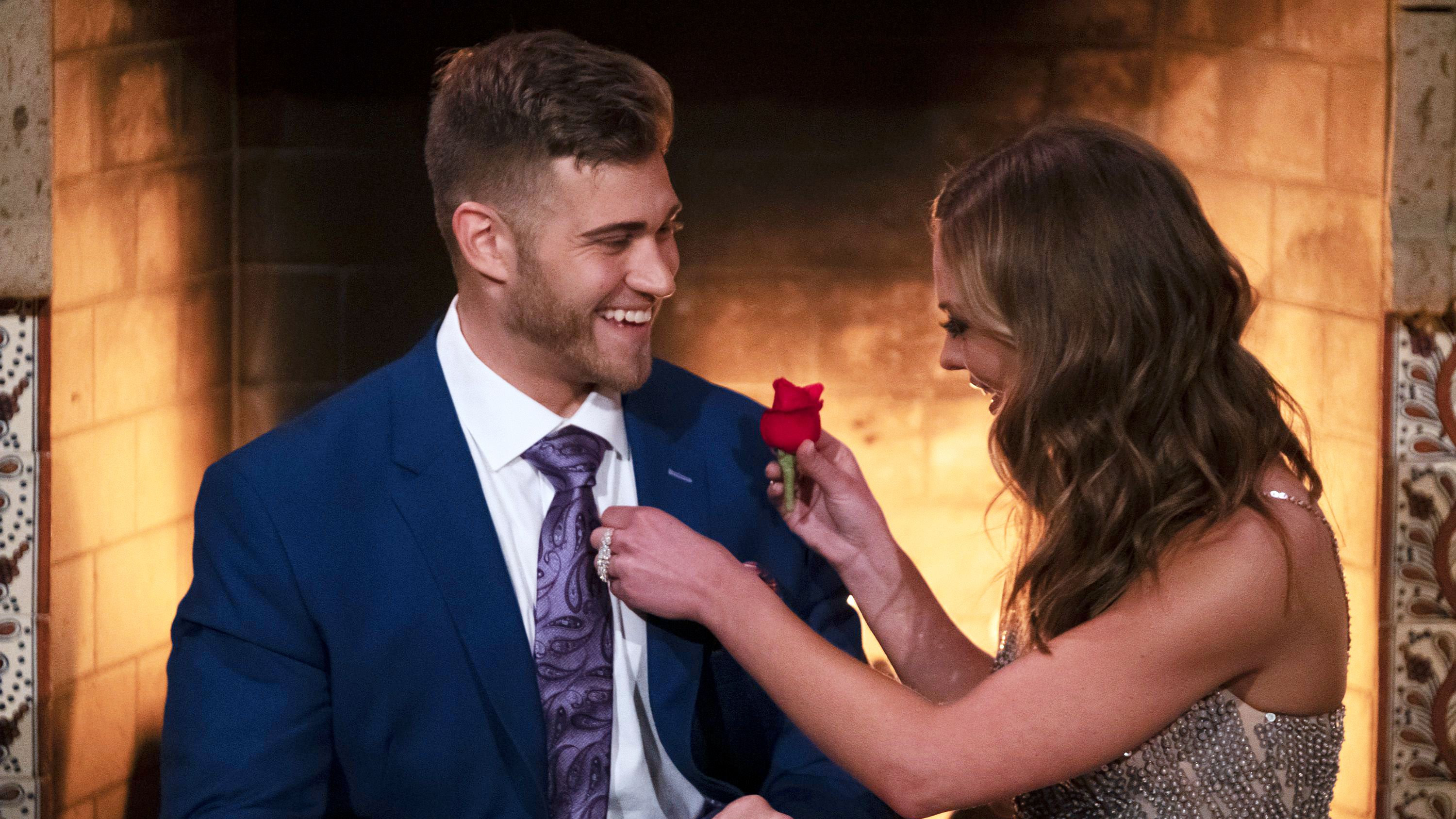
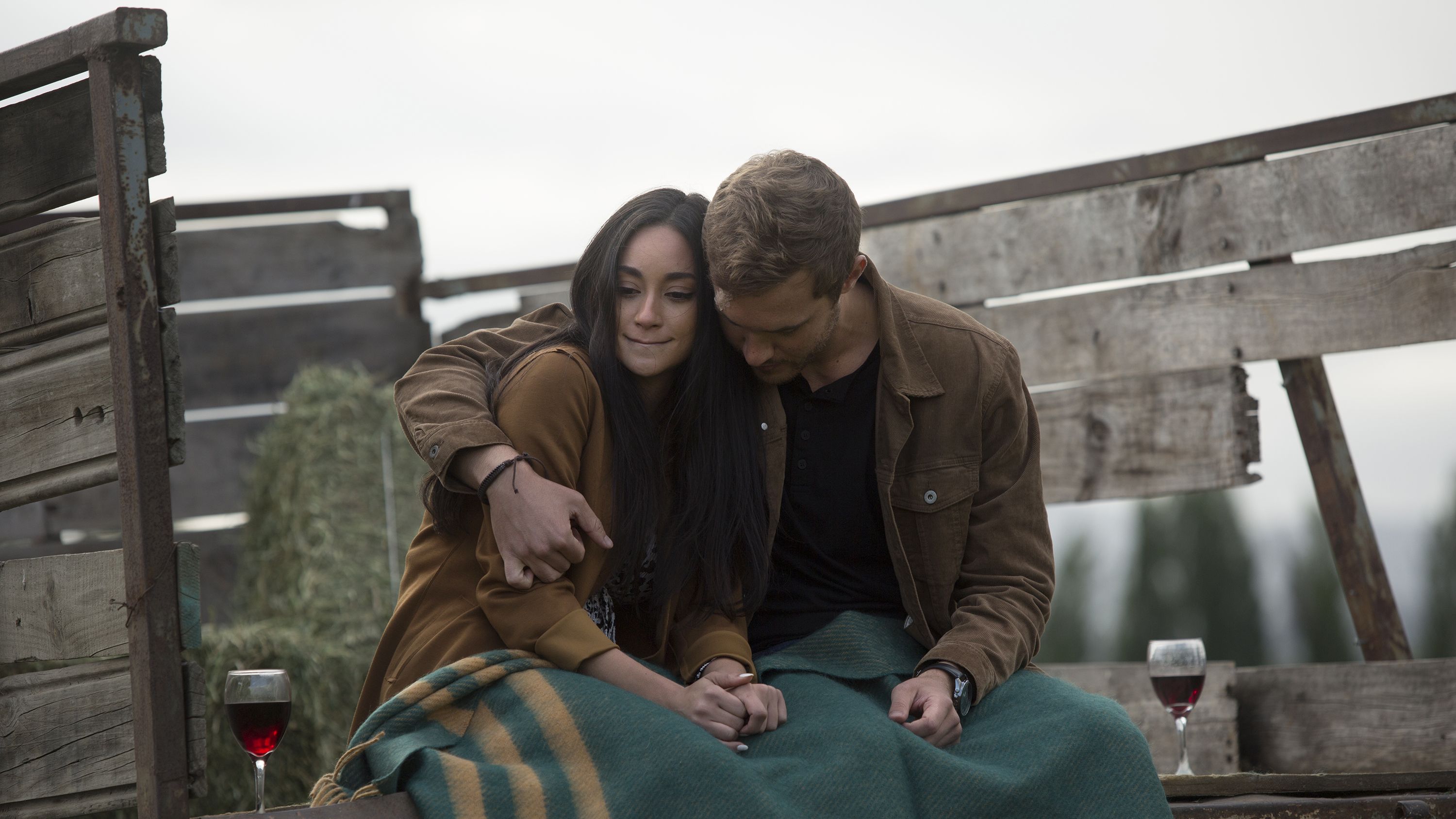

Katherine’s a contributing syndications editor at Marie Claire who covers fashion, culture, and lifestyle. In her role, she writes stories that are syndicated by MSN and other outlets. She’s been a full-time freelancer for over a decade and has had roles with Cosmopolitan (where she covered lifestyle, culture, and fashion SEO content) and Bustle (where she was their movies and culture writer). She has bylines in New York Times, Parents, InStyle, Refinery29, and elsewhere. Her work has also been syndicated by ELLE, Harper’s Bazaar, Seventeen, Good Housekeeping, and Women’s Health, among others. In addition to her stories reaching millions of readers, content she's written and edited has qualified for a Bell Ringer Award and received a Communicator Award.
Katherine has a BA in English and art history from the University of Notre Dame and an MA in art business from the Sotheby's Institute of Art (with a focus on marketing/communications). She covers a wide breadth of topics: she's written about how to find the very best petite jeans, how sustainable travel has found its footing on Instagram, and what it's like to be a professional advice-giver in the modern world. Her personal essays have run the gamut from learning to dress as a queer woman to navigating food allergies as a mom. She also has deep knowledge of SEO/EATT, affiliate revenue, commerce, and social media; she regularly edits the work of other writers. She speaks at writing-related events and podcasts about freelancing and journalism, mentors students and other new writers, and consults on coursework. Currently, Katherine lives in Boston with her husband and two kids, and you can follow her on Instagram. If you're wondering about her last name, it’s “I go to dinner,” not “Her huge ego,” but she responds to both.
-
 Princess Anne's Unexpected Suggestion About Mike Tindall's Nose
Princess Anne's Unexpected Suggestion About Mike Tindall's Nose"Princess Anne asked me if I'd have the surgery."
By Amy Mackelden Published
-
 Queen Elizabeth's "Disapproving" Royal Wedding Comment
Queen Elizabeth's "Disapproving" Royal Wedding CommentShe reportedly had lots of nice things to say, too.
By Amy Mackelden Published
-
 Palace Employees "Tried" to Get King Charles to "Slow Down"
Palace Employees "Tried" to Get King Charles to "Slow Down""Now he wants to do more and more and more. That's the problem."
By Amy Mackelden Published
-
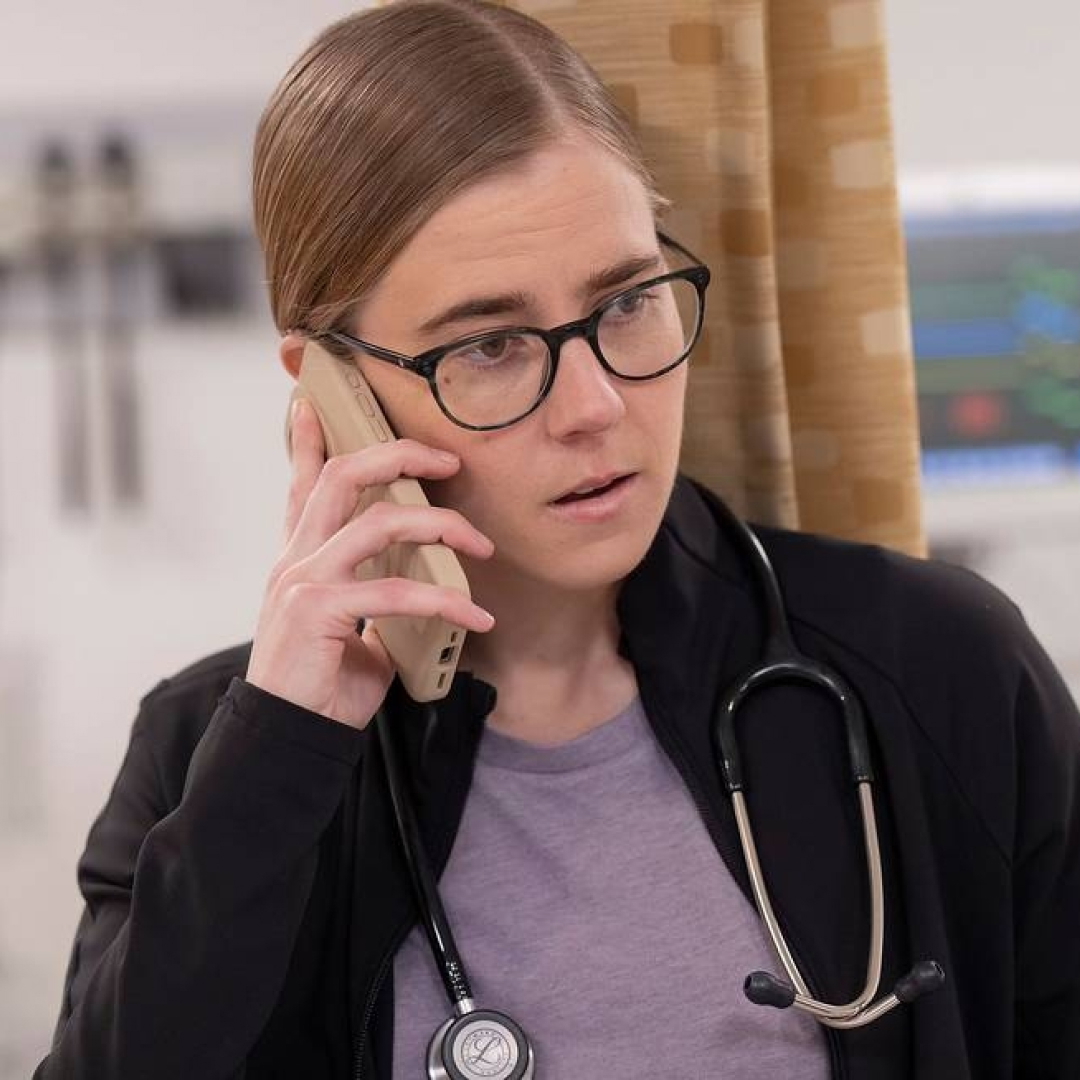 What to Know About Taylor Dearden, the Actress Who Plays Dr. Mel King on 'The Pitt'
What to Know About Taylor Dearden, the Actress Who Plays Dr. Mel King on 'The Pitt'Here's what to know about the Max series's breakout star, who just so happens to come from TV royalty.
By Quinci LeGardye Published
-
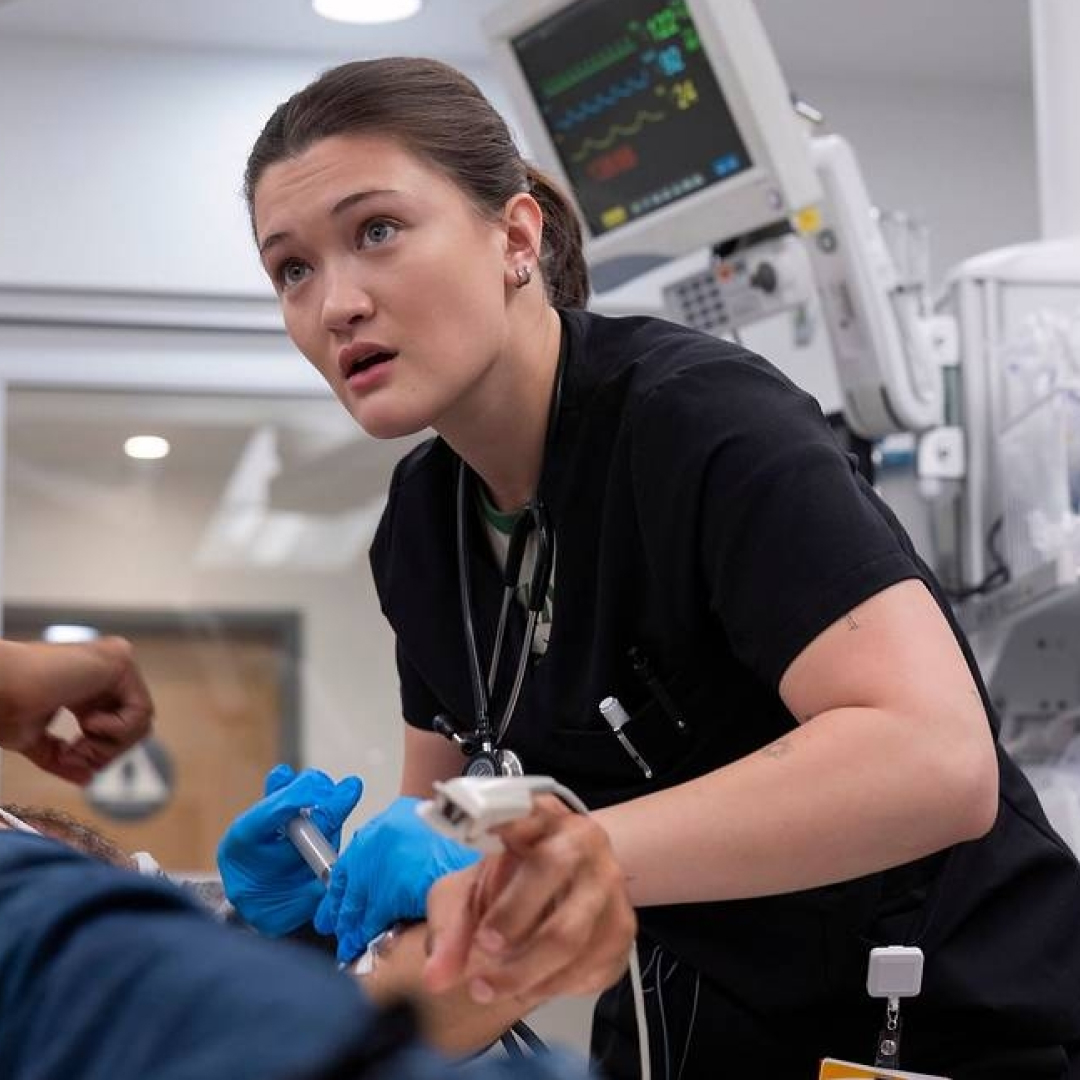 We Owe Dr. Trinity Santos From 'The Pitt' an Apology
We Owe Dr. Trinity Santos From 'The Pitt' an ApologyThe season finale of the smash Max series proved that the most unlikable character on TV may just be the hero we all need.
By Jessica Toomer Published
-
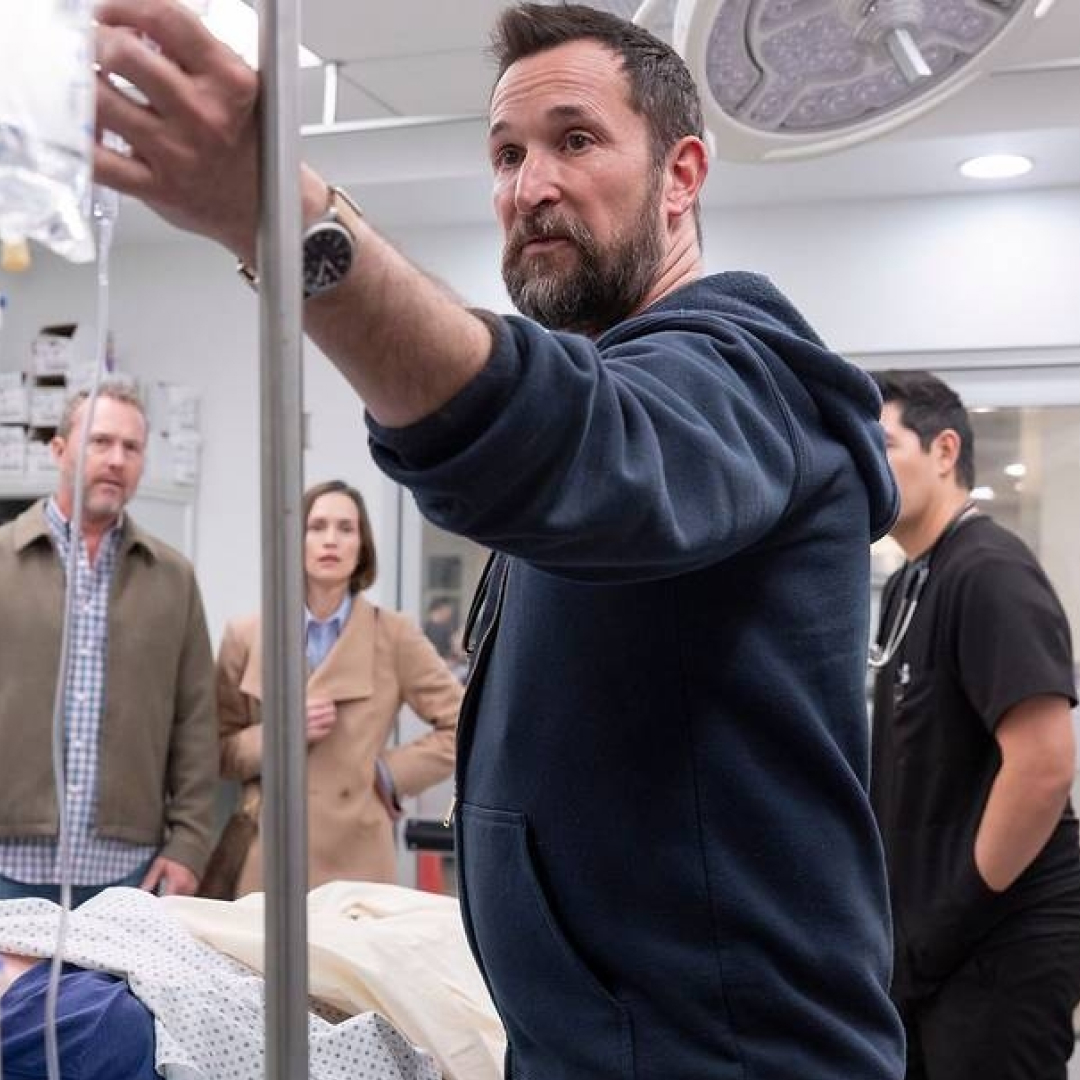 'The Pitt' Season 2: Everything We Know
'The Pitt' Season 2: Everything We KnowHere's where the hit Max medical drama could go after its gripping finale.
By Radhika Menon Published
-
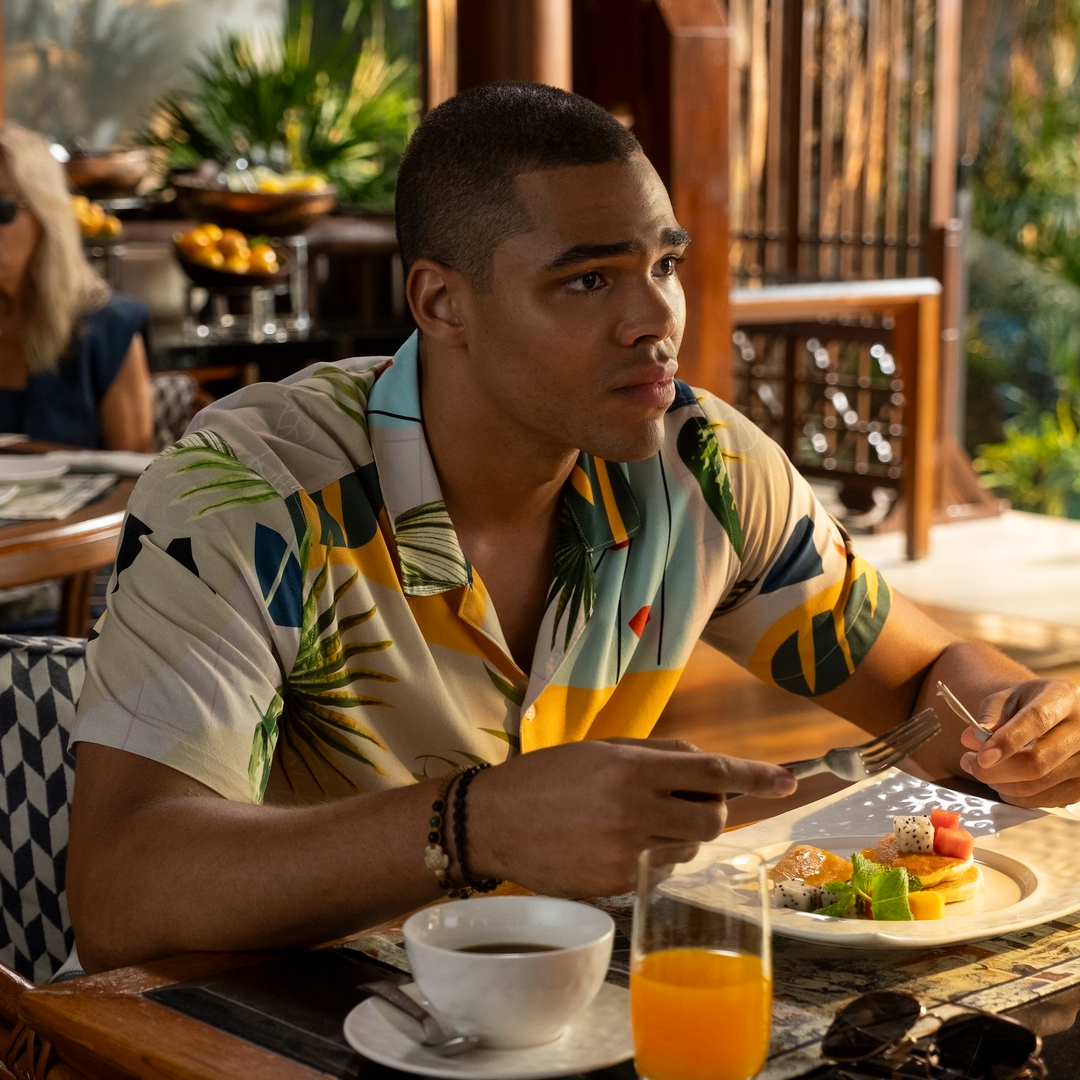 Meet Nicholas Duvernay, the Actor Who Plays Zion in 'The White Lotus' Season 3
Meet Nicholas Duvernay, the Actor Who Plays Zion in 'The White Lotus' Season 3We can't stop thinking about his scene-stealing performance in the finale.
By Quinci LeGardye Published
-
 'The White Lotus' Season 4: Everything We Know
'The White Lotus' Season 4: Everything We KnowCreator Mike White has already started teasing where the next installment will be set—and who might be back.
By Quinci LeGardye Published
-
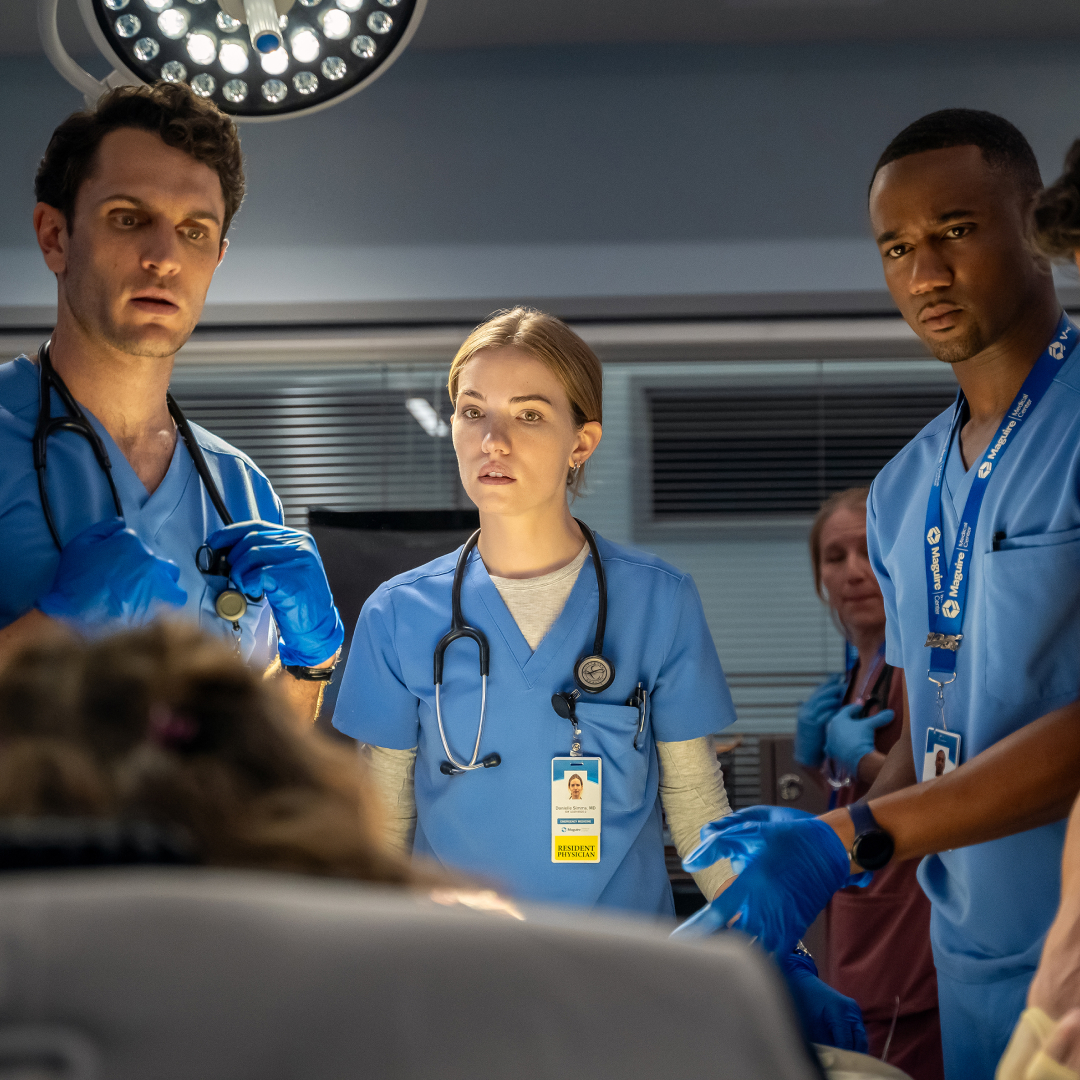 'Pulse' Season 2: Everything We Know
'Pulse' Season 2: Everything We KnowWe need to know about the future of the central will-they-won't-they STAT.
By Quinci LeGardye Published
-
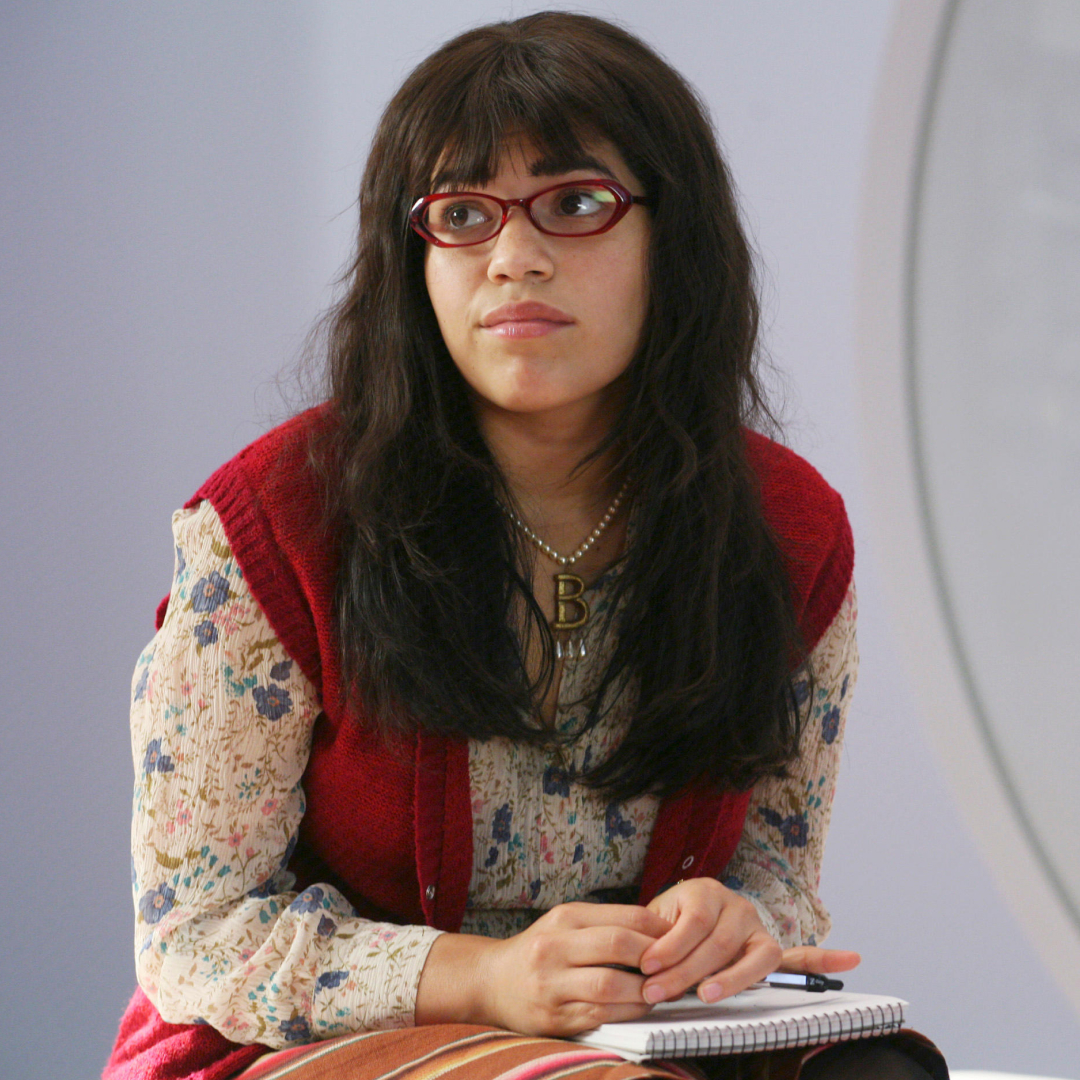 The Best Workplace TV Shows of All Time
The Best Workplace TV Shows of All TimeFrom iconic sitcoms to award-winning dramas.
By Iris Goldsztajn Published
-
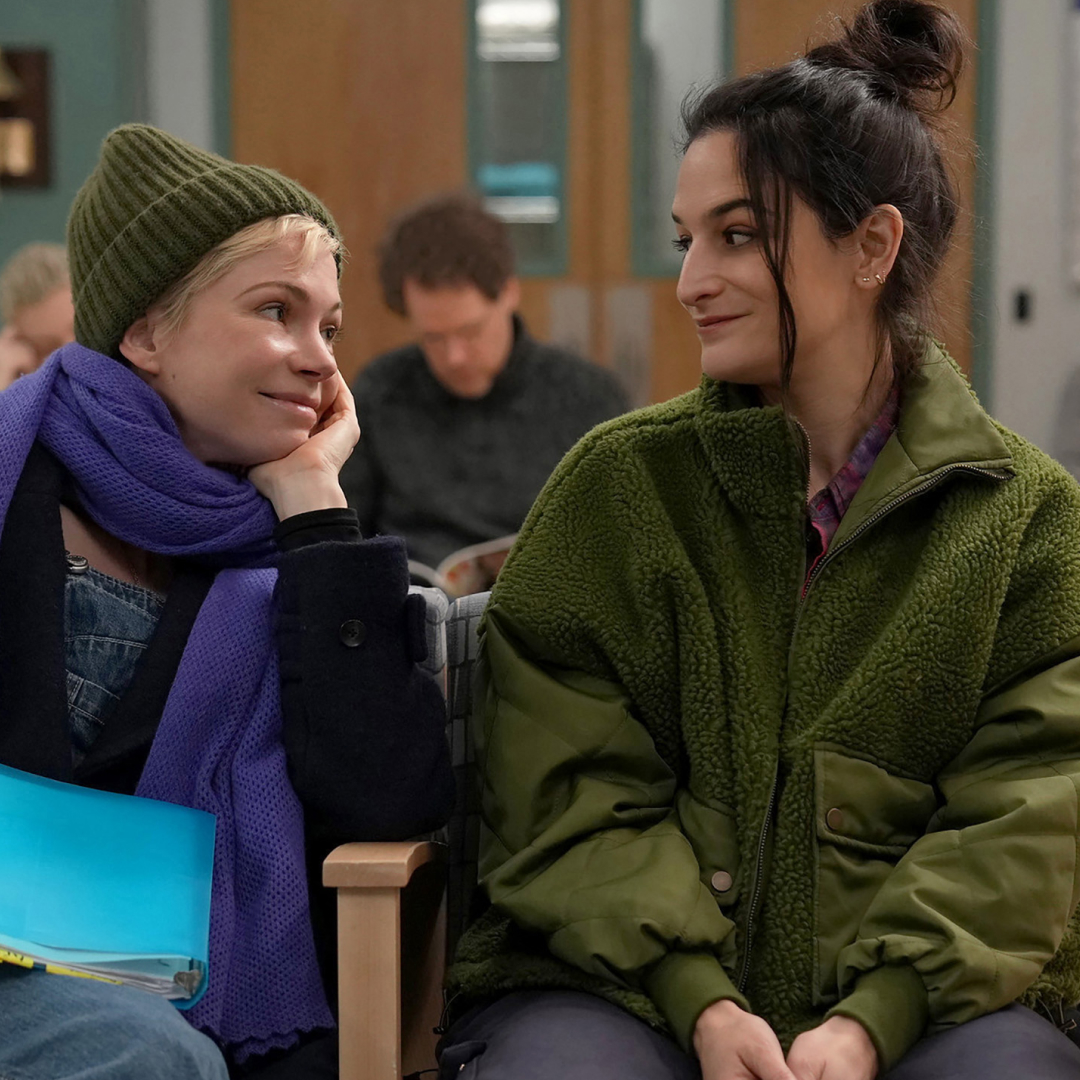 'Dying for Sex' Brought Jenny Slate to Life
'Dying for Sex' Brought Jenny Slate to LifeThe actress shares why playing Nikki in FX on Hulu's female friendship dramedy has felt like a life-changing part.
By Sadie Bell Published
